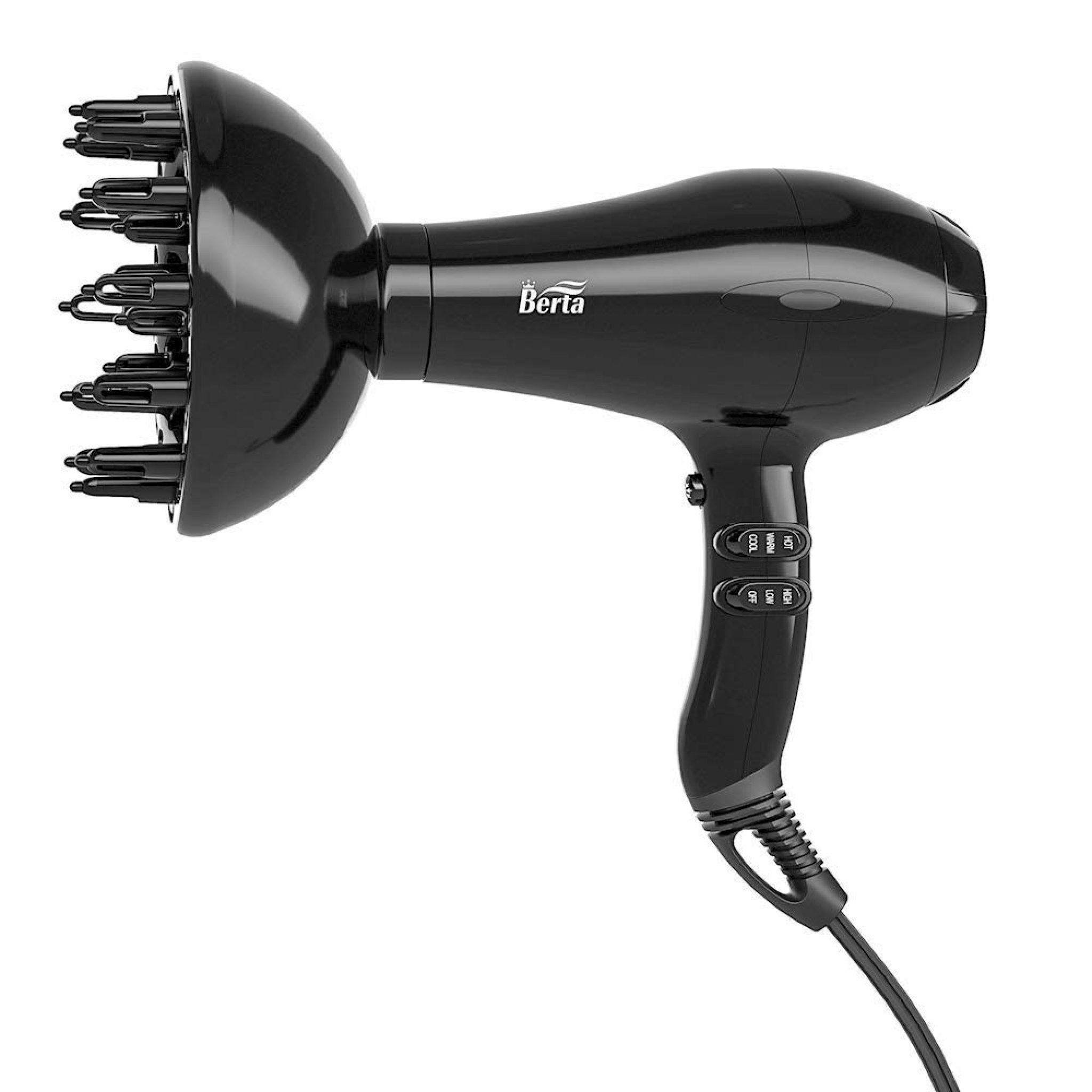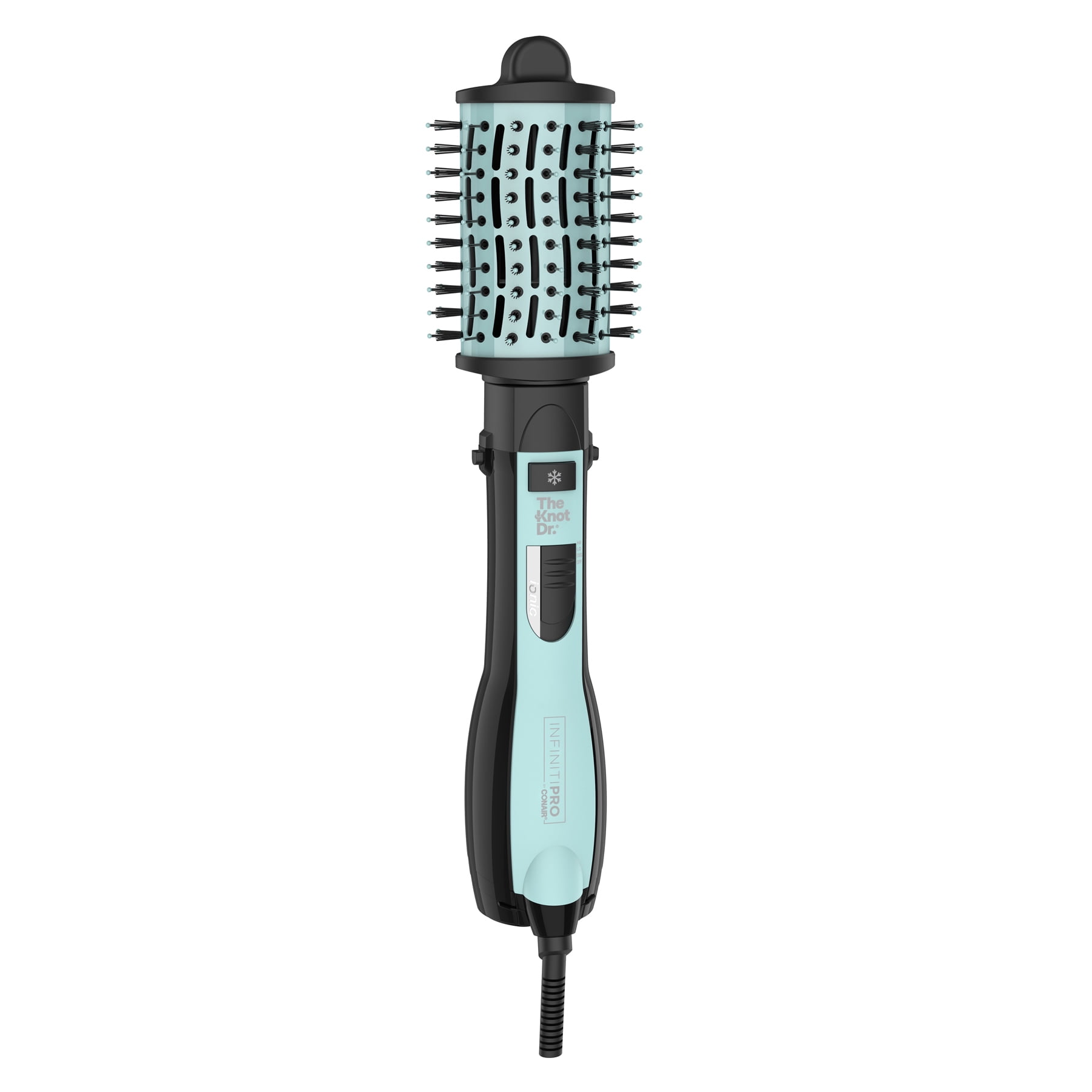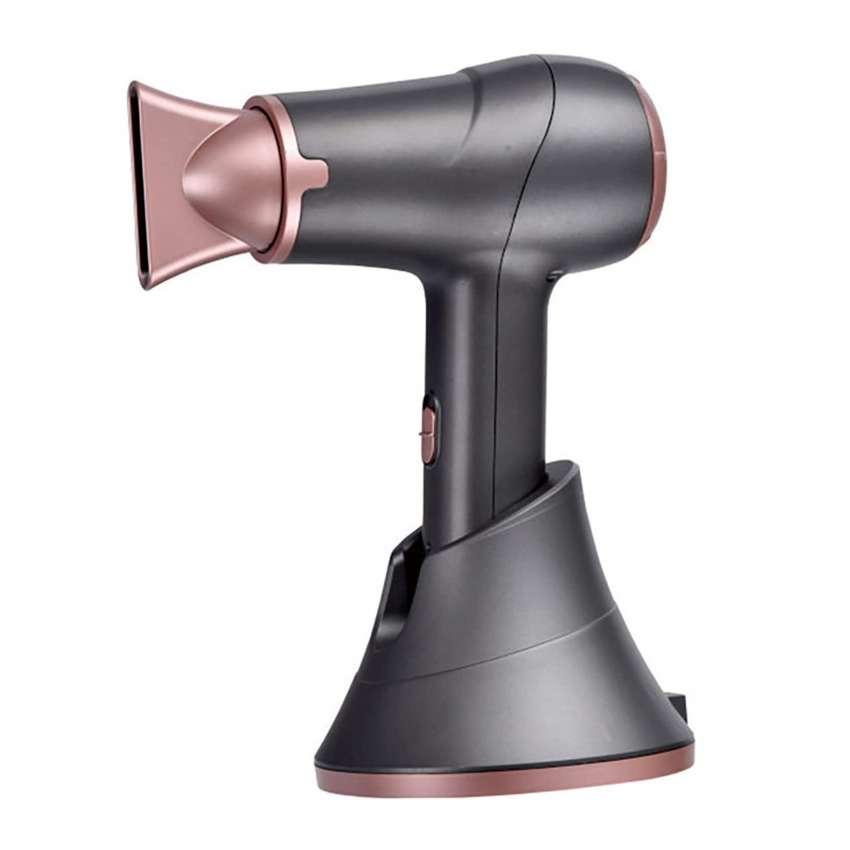Table Of Content

Rosemary oil has been used for centuries for its numerous health benefits, including promoting hair growth. This essential oil is derived from the leaves of the rosemary plant and is known for its stimulating properties that can help improve circulation to the scalp and promote hair growth. In this article, we will explore the benefits of using rosemary oil for hair growth and how you can make your own rosemary oil at home. While you can certainly play mixologist and concoct your own rosemary oil for hair growth potion, there are a ton of products you can get off the shelf that include the ingredient. Look for rosemary oil that's already mixed with other beneficial oils. "I would recommend using oils that are specially formulated for the scalp and make sure there are no strong fragrances in the mix," says Dr. Kobets.
How to use rosemary essential oil for headache relief
If you’re buying an essential oil version, the key thing to know is it must be diluted before applying. “Rosemary essential oil is highly concentrated, and applying it directly to the scalp can lead to skin irritation or sensitivity. Researchers found rosemary oil to be as effective at encouraging hair regrowth as minoxidil, a medication better known as Rogaine®, says Dr. Khetarpal. The 2015 study focused on people with androgenic alopecia (male pattern baldness or female pattern baldness).
Rosemary Oil Naturally Alleviates Stress and Anxiety
You can visit us at Traya to find out more about rosemary oil benefits for hair, how to make hair roots strong and more effective remedies for your hair. Get help from our experts to complete your faster journey towards destination hair health. While scientific evidence is still limited, rosemary oil has shown promising effects on hair growth — not just in TikTok testimonials. Most notably, rosemary oil patients experienced less scalp irritation and itchiness than minoxidil 2%, an advantage that sets it apart. If your strands have been feeling meh lately, you might be wondering if the recent wave of TikTok evangelists praising rosemary oil for hair growth are onto something.
Rosemary Oil Is Anti-Inflammatory
Some say it could even prevent hair loss, pointing to Mediterranean cultures’ use of rosemary in hair rinses to promote hair growth for hundreds of years as supporting evidence. Much like oregano, peppermint, and cinnamon, rosemary is frequently found in essential oil form. Essential oils are highly concentrated and distilled extracts of volatile plant compounds. These are used for cooking, cleaning, beauty, health, and other purposes. Cosmetic products, such as shampoo, that contain peppermint oil may provide a means of applying peppermint oil topically to the scalp. There are a few different ways to oil your hair, depending on your hair type and goals.
Hair growth oil – rosemary oil + peppermint oil + coconut oil
We turned to the experts to find out exactly what rosemary oil is doing to our locks. Bergamy suggests adding it to your shampoo or conditioner to get the benefits while washing your hair. Just be sure to thoroughly wash your hair to get the product out well. Made with rosemary, amla, and soothing aloe, this serum calms an irritated scalp, boosts overall shine, and stimulates hair growth. Carnosic acid carries anti-inflammatory and antioxidant properties that can help rejuvenate damaged nerves and tissue in your body. Applying it to your scalp creates an environment where your hair can thrive.
Does Rosemary Oil Help With Hair Growth? Experts Explain the Benefits and How to Use It - Prevention Magazine
Does Rosemary Oil Help With Hair Growth? Experts Explain the Benefits and How to Use It.
Posted: Thu, 15 Feb 2024 08:00:00 GMT [source]
“Cedarwood oil has been proven to help enhance blood circulation to the scalp and tighten the follicles,” Johnson says. A 2024 literature review did not find sufficient scientific evidence for the use of peppermint oil in the treatment of androgenetic alopecia. Still, it did find the topical application of rosemary oil to be promising. This was believed to be because of the essential oils' antifungal properties and the anti-inflammatory properties of some of their components, including the menthol in peppermint oil. You can use rosemary oil along with carrier oils and various other ingredients in hair masks and oils to help in hair growth.
In one study, regular usage of rosemary oil improved hair regrowth in mice that experienced hair loss and in mice that had their hair shaved. Taking rosemary essential oil internally may interact with anticoagulant (blood-thinning) drugs, ACE, diuretics and lithium. Rosemary essential oil should not be used topically or diffused around children under the age of six. Rosemary essential oil blends well with lavender, frankincense, cardamom, clary sage, cedarwood, lemongrass, geranium, chamomile and peppermint oils. Rosemary essential oil is extracted from the leaves and flowering tops of the plant.
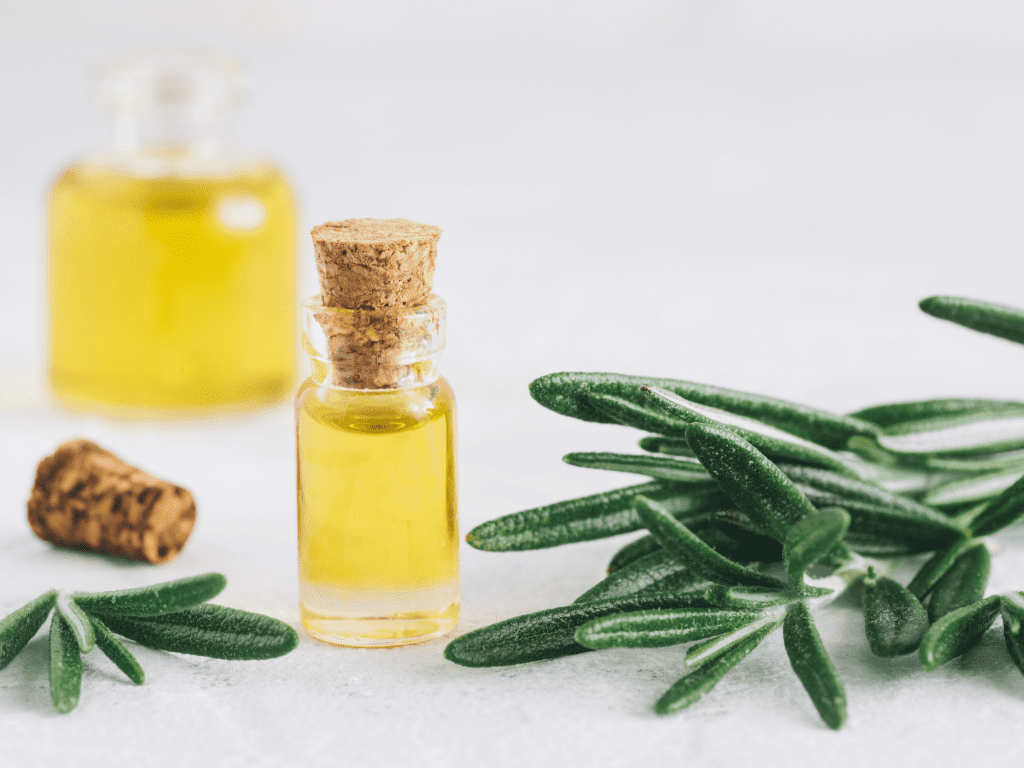
This ability to heal nerve endings may rejuvenate nerves in the scalp too, in turn possibly restoring hair growth. Menthol can seriously negatively affect the breathing of an infant or small child and should never be applied to their face or allowed to be inhaled by them. If you have peppermint oil in your house, make sure it is stored away from where children can access it.
How to use rosemary essential oil to boost mental health
Cosmetic formulations containing essential oils are a way to apply essential oils topically to the scalp. But as with everything, you only see results if you’re using the right oils and doing it consistently. “I typically recommend it for both normal and dry scalp types and those who have damaged, dry hair that is prone to breakage,” says trichologist and hairstylist Helen Reavey, founder of haircare line Act + Acre. If you have fine hair, keeping oil on your scalp and ends for an extended period of time can possibly weigh your hair down (more on this below, though).
Essential oils are highly concentrated, so mixing them with a carrier oil helps dilute them, making them safer for topical use. “Rosemary oil can strengthen circulation and improve blood supply to hair follicles, preventing them from being deprived of essential blood supply,” he explains. “Rosemary oil’s anti-inflammatory properties help to reduce scalp irritation, dandruff, and itching, providing a more optimal environment for healthy hair growth,” Majeed adds.
The study stated that rosemary oil had the same effect as Minoxidil, a hair growth medication, after 6 weeks of use. Rosemary oil may not be effective or safe for everyone to use for hair loss. However, this natural remedy may be safer and less likely to cause side effects than some hair growth medications. One of the staple herbs in Italian cuisine, rosemary, is beloved for its peppery, fragrant flavor, making it an excellent complement to roast vegetables or meat dishes. Its energizing scent is widely used in aromatherapy as it is believed to positively affect the body's nervous system.
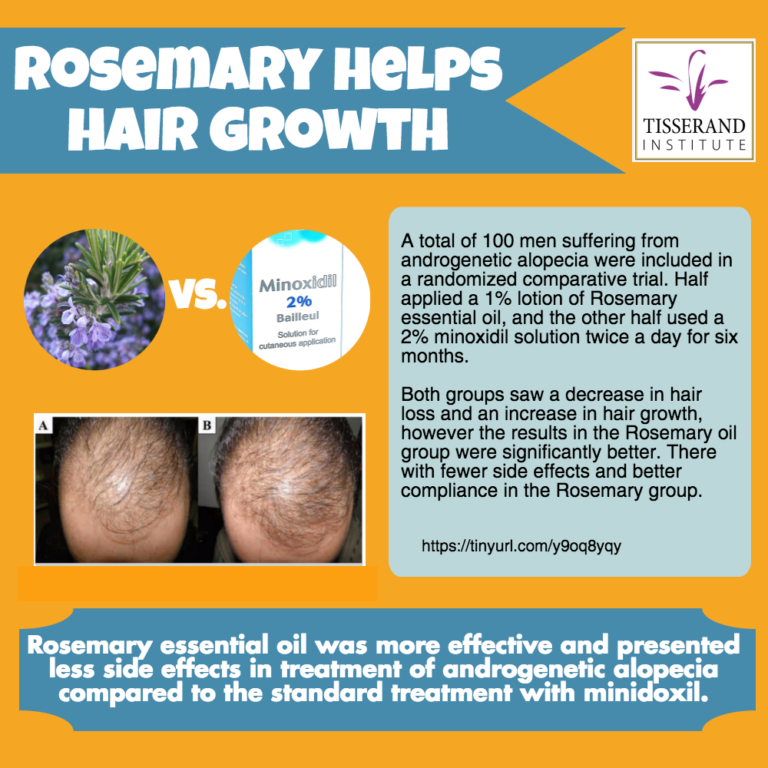
Use a cotton ball to cleanse your acne-prone skin with the rosemary skin toner. Mix 3-4 drops of rosemary oil with a tablespoon of carrier oil such as virgin olive oil or sweet almond oil. Massage onto your temples and behind your ears to help strengthen your cognitive abilities. Rosemary oil and rosemary extracts have been used for centuries due to their medicinal properties. Scientific research now backs up many of the therapeutic uses of rosemary essential oil.
Here, researchers looked to formulate oleogels (gels made from vegetable oil) containing two essential oils (cedarwood and rosemary) alone and in combination to evaluate their effects on hair growth in rat models. To avoid skin irritation, dilute the oil with a carrier oil or other product before applying it. Like Lemongrass oil for hair dandruff, Rosemary hair oil for hair loss is a very popular remedy.
To measure progress, a person can try counting the number of hairs in a small region on the head. Finding a way to track hair loss can make it easier to tell if the product is effective. Rosemary oil is a natural remedy, but that does not mean it is safe in all concentrations or for all people. Consequently, there are several things that people should remember before they use rosemary oil. Keep in mind, though, that there are always risks of contact dermatitis and irritation with any new topical ingredient you try, especially when they involve botanical extracts. So test the oil on the back of your neck first and wait two to three days to see if you have any negative reactions before massaging it all over your scalp.





